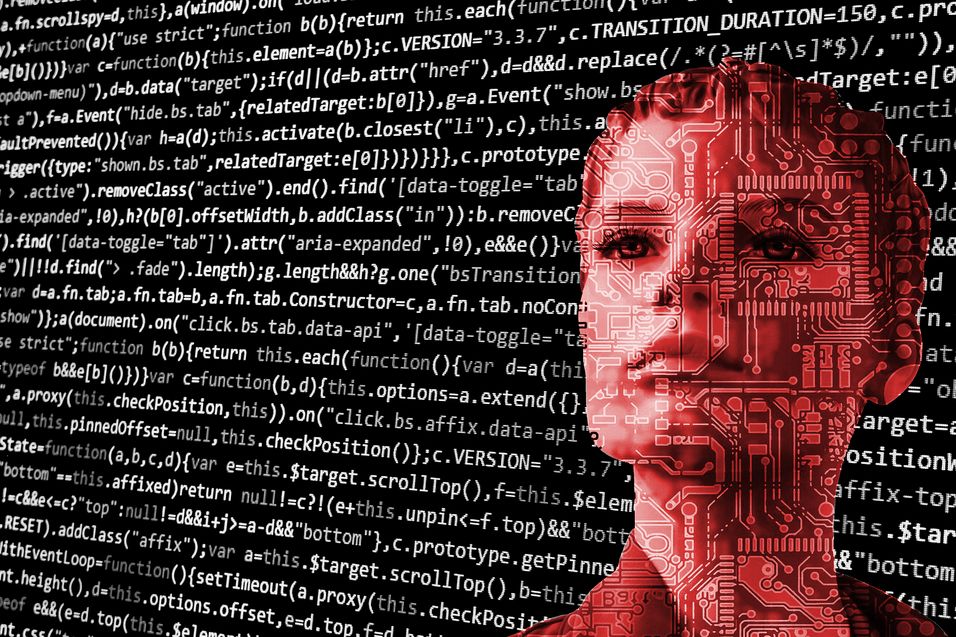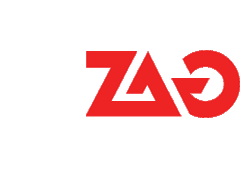
Does your ERP give Intelligence or just pukes data?
These days, almost every company has mounted the load of its business processes and data organization on the mighty shoulders – so to speak – of the ERP. And ERP does take the Herculean task of collecting data from various business activities, to enable the real-time flow of information across all channels and help in making data-driven decisions. In a way, ERP works like the nervous system of your company.
There is a common misconception that states that it is the task of a standard ERP to provide intuitive insights and analytics for your data. The truth, however, is far from that.
So you get at your disposal a collection of data, all your business processes are connected into a seamless integration, you have automated the operations. Now comes the question of analyzing and processing the data, and converting it into actionable information. Does the nervous system of your ERP extend itself into a brain that would do these tasks? Is your ERP intelligent or is it just a system that pukes data?
Let’s talk about the next step in the ERP technology – the Intelligent ERP or iERP. The main advantage of iERP over a standard ERP is that it can perform a multifaceted analysis of your big data, and provide deeper insights into a gamut of business applications and processes to give you an edge that keeps your company a step ahead of the competition.
Many companies usually rely on the analytics tool that come with their ERP, which is not as insightful as the advanced analytics of the intelligent ERP. An Intelligent ERP is capable of doing a better job at analyzing, reporting and forecasting unprecedented outcomes. It simply means a more efficient utilization of your resources and streamlined functioning of your business processes.
However impressive the prospect of an intelligent ERP seems, its effectiveness varies according to the needs of a specific organization. For some organizations, it may bring a spectacular change in the ways they do business, and for some organizations, it may not do much more than what a standard ERP would. It depends not only on the analytical needs of the company but also on the company’s methods of doing its business and the extent of prevalence of a data-oriented culture in the company’s atmosphere.
Before initiating the implementation of an Intelligent ERP, it is imperative to check how much your company can benefit from it. Would the deployment of iERP really give your company an edge over your standard ERP? Is there a data-oriented work culture that can accommodate the iERP and facilitate a smooth transition?
At times, a standard ERP can be substantial to serve the analytical needs that emerge. But there is a pressing need to evaluate how much intelligence it can provide before the data output becomes a sputtering volume that needs an iERP.
